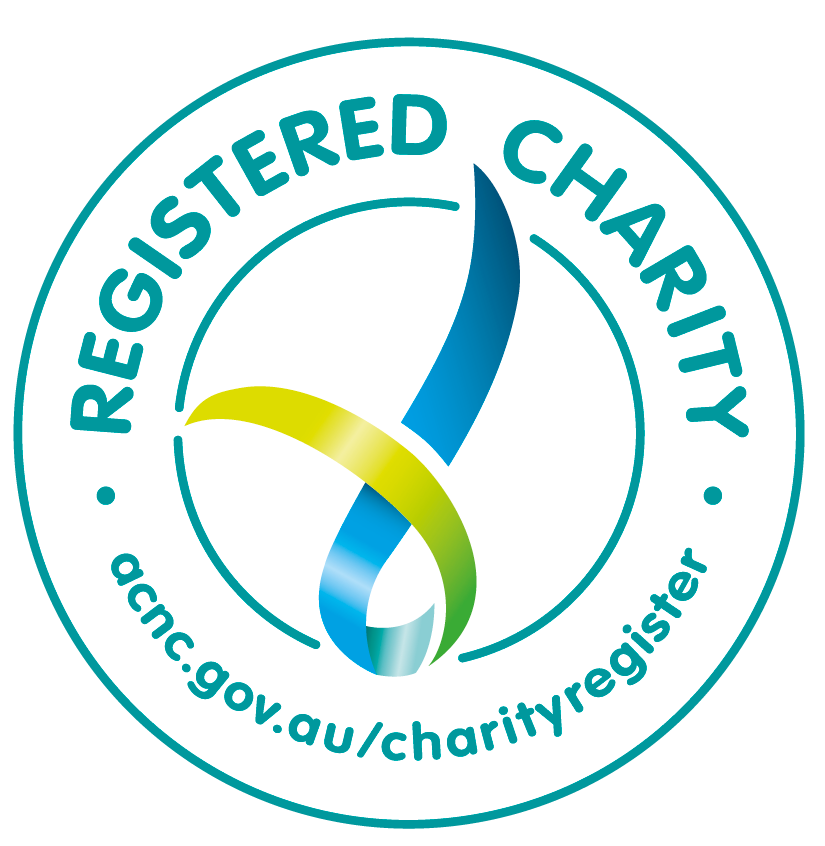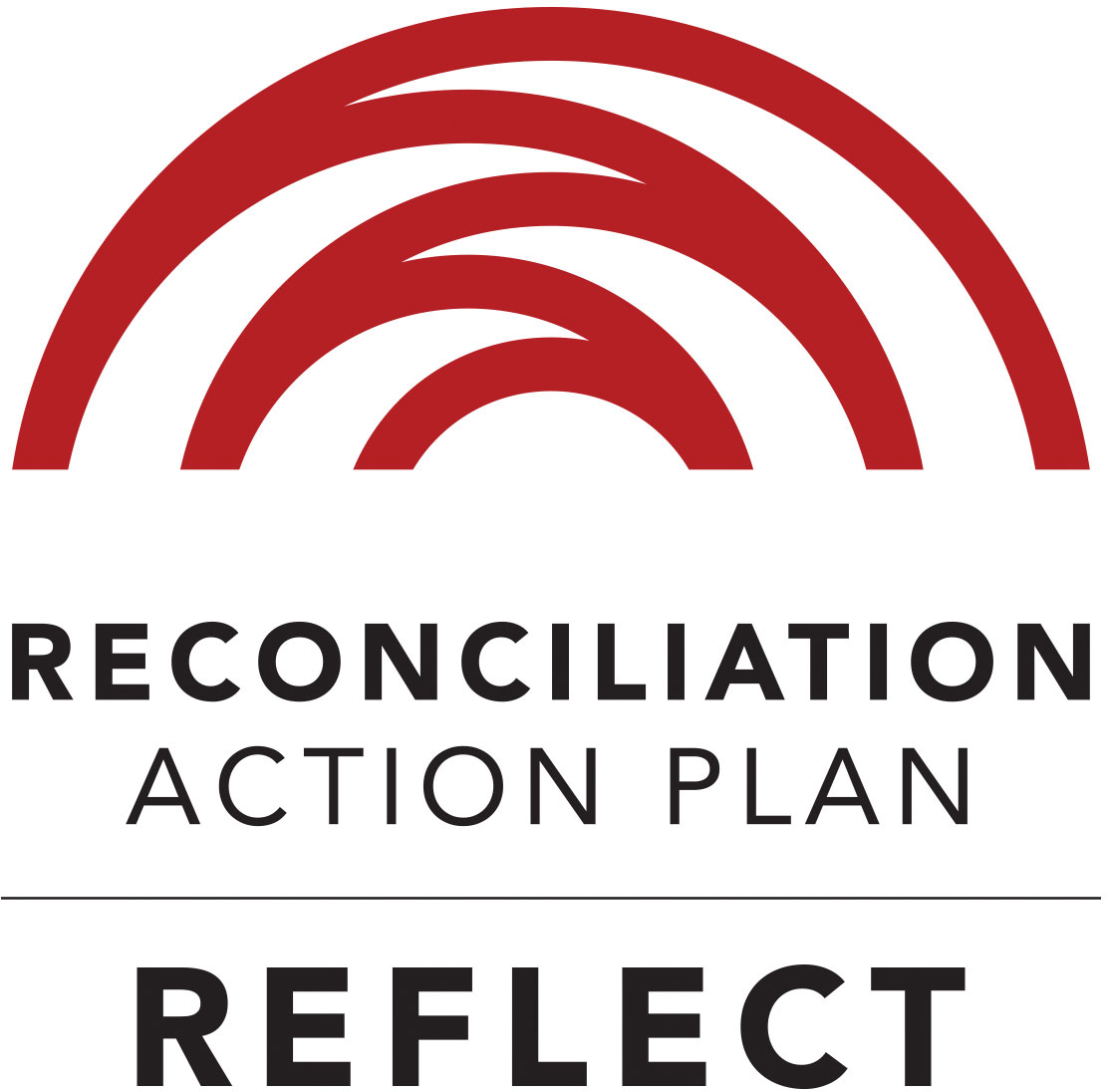More pages in this section
Empowering First Nations women's health: Lessons from sports and community
As Women's Health Week draws to a close, we reflect on the valuable insights shared by our collaborators throughout the week, including Sarah L. White, Chief Executive Officer at Jean Hailes for Women's Health, and Luke Morris, CEO & Founder at Liptember Foundation. Today, we're honoured to have Tallisha Harden, captain of the North Queensland Cowboys in the NRL Women's Premiership, join us to discuss a crucial topic: First Nations women's health.
The importance of wellbeing for First Nations women
For First Nations women, health is a holistic concept that goes beyond physical wellbeing. The idea of Social and Emotional Wellbeing (SEWB) is central to understanding First Nations health. This approach recognises the intricate connections between body, mind, family, community, culture, Country, and spirit.
SEWB acknowledges that health is not just about individual factors but is deeply rooted in community and cultural contexts. For First Nations women, maintaining strong connections to family, community, and Country is vital for overall wellbeing. These connections provide a sense of identity, belonging, and purpose, which are crucial for mental and emotional health.
Tallisha shares her perspective:
We live in a fast, transactional world nowadays and often things like social interaction, relationship building and meaningful conversation can be rushed or put on the back burner. It all comes down to relationships. As a First Nations person, I feel my wellbeing and mental health is at its healthiest when my relationships with culture, family, community and friends are strongest and meaningful - Tallisha Harden, Captain of the North Queensland Cowboys in the NRL Women's Premiership
Community-driven approaches to health
Just as in team sports, community health programs are most effective when everyone has a role to play. First Nations women must be at the forefront of designing, implementing, and evaluating health initiatives that affect their communities.
This approach, known as Aboriginal Participatory Action Research (APAR), ensures that health programs are culturally appropriate and address the real needs of the community. It empowers First Nations women to take control of their health and the health of their communities.
Community-driven programs can address a wide range of health issues, from chronic diseases like diabetes and heart disease to mental health and maternal health. These initiatives often combine traditional healing practices with modern medical knowledge, creating a comprehensive approach to health care.
Overcoming barriers to healthcare
First Nations women face unique challenges when it comes to accessing healthcare. These can include geographical isolation, cultural barriers, and systemic racism within the healthcare system. Overcoming these hurdles requires a multi-faceted approach.
One key strategy is increasing the number of First Nations healthcare professionals. This not only improves cultural safety in healthcare settings but also provides role models for young First Nations women considering careers in health.
Another important step is improving health literacy among First Nations communities. This involves providing clear, culturally appropriate health information and empowering women to make informed decisions about their health.
The role of culture in health and healing
Cultural identity plays a crucial role in the health and wellbeing of First Nations women. Maintaining connection to culture can be a powerful protective factor against mental health issues and contribute to overall wellbeing.
Traditional healing practices, such as bush medicine and healing circles, are increasingly being recognised for their value in promoting health and wellbeing. Integrating these practices with Western medicine can provide a more holistic and culturally appropriate approach to healthcare.
Empowering through education and sport
Education and sport can be powerful tools for empowering First Nations women and promoting health. Programs that combine health education with physical activity can be particularly effective.
Sports programs can provide opportunities for physical fitness, mental wellbeing, and community connection. They can also serve as platforms for health education and leadership development.
Tallisha's journey in rugby league is a testament to the empowering potential of sport.
I’ve been very luck to be mentored by some amazing Aboriginal and Torres Strait Islander women who always encouraged me not be ‘shame’, particularly when I was playing. I didn’t really understand it when I was younger but now, as an older player in the group, I see first hand how much of a difference a combination belief, empowerment and support can make to our younger girls coming through the sport, and in particular our Aboriginal and Torres Strait Islander girls - Tallisha Harden, Captain of the North Queensland Cowboys in the NRL Women's Premiership
Looking to the future
As we work towards improving health outcomes for First Nations women, it's crucial that organisations like selectability continue to play a supportive role. At selectability, we are committed to providing accessible mental health and wellbeing services across regional Queensland, and this includes supporting the unique needs of First Nations communities.
We understand that creating culturally safe and responsive services is key to building trust and ensuring the wellbeing of First Nations women. This means embracing community-led initiatives and working closely with local Elders and health professionals to co-design programs that respect cultural practices and values. By investing in culturally appropriate healthcare and advocating for improved healthcare access, we can make a lasting impact.
At selectability, we recognise that health is holistic, and by supporting both the mental and emotional wellbeing of First Nations women, we contribute to the broader goal of creating healthier, more resilient communities. Whether it's through our community mental health programs, education initiatives, or ongoing advocacy for accessible services, we are committed to empowering First Nations women to lead healthier lives.
As Women's Health Week concludes, let's continue to focus on supporting the health of First Nations women every week. Together, we can foster a future where every woman has the opportunity to thrive.
USEFUL LINKS

selectability acknowledges the Traditional Owners of the land on which we provide services and pay our respects to Elders past, present and emerging. We acknowledge those with lived experience and those who support and partner with us to improve mental wellbeing and prevent suicide across regional Queensland.

